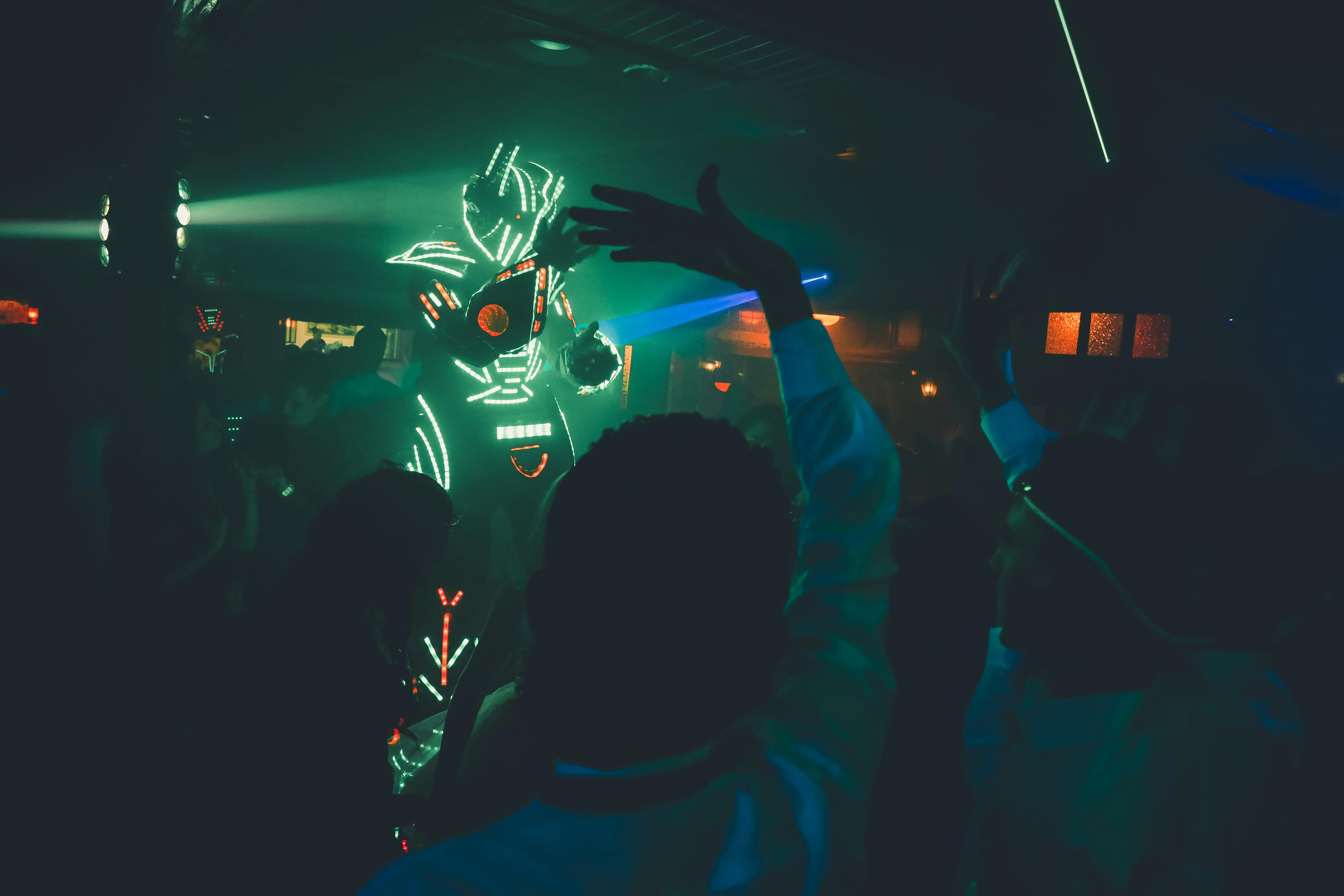Beyond The Hype: The Harmonious Fusion Of AI And Music Genres

In the evolving symphony of the music industry, artificial intelligence (AI) is no longer just a futuristic concept but a present reality, tuning the strings and keys of musical innovation. As we delve deeper into the 21st century, the application of music-making algorithms stretches across genres, from the intricate compositions of classical music to the catchy rhythms of pop, and the experimental frontiers of electronic sounds. This exploration uncovers not only the transformative potential of these algorithms but also addresses the harmony they create alongside human creativity.
The Classical Ensemble: A Digital Renaissance
The use of AI in classical music heralds a digital renaissance, blending the old with the new. Historical precedents of technology in music production provide a backdrop against which AI's role in composing classical pieces is both groundbreaking and yet a natural progression. Projects like David Cope's "Experiments in Musical Intelligence" have shown that AI can compose works indistinguishable from those of Bach or Mozart, sparking debate and intrigue within the classical community. These innovations invite a reconsideration of creativity, suggesting that AI can serve as a tool for expanding the boundaries of traditional composition.
Pop Music: Charting the AI Revolution
In the realm of pop music, the integration of AI is not just about creating new sounds but also about redefining the songwriting process. The landscape is dotted with examples where algorithms generate catchy hooks or even complete tracks, blurring the lines between human and machine creativity. Pop producers are increasingly turning to AI to refine melodies and lyrics, signaling a shift in how hits are crafted. This evolution mirrors the genre's historical openness to technological innovation, from synthesizers to auto-tune, with AI becoming the latest instrument in the pop producer's toolkit.
Electronic Frontiers: The Sound of Innovation
Electronic music, with its intrinsic link to technological advancement, presents a fertile ground for AI exploration. Artists and producers are pioneering the use of AI in sound design and beat making, pushing the sonic envelope. The adaptability of AI tools allows for the creation of unique textures and rhythms, giving birth to new subgenres and altering the landscape of electronic music. Moreover, the use of AI in live performances introduces an unpredictable element, challenging the notion of authorship and the role of the performer.
Jazz: Improvisation Meets Algorithmic Precision
The improvisational nature of jazz presents a unique challenge for AI, necessitating algorithms that can predict and react in real-time. Projects exploring AI-driven improvisation highlight a future where machines could jam alongside human musicians, contributing to the rich tapestry of jazz. This intersection raises fascinating questions about creativity and spontaneity, offering a glimpse into how AI might augment human expression rather than replace it.
Music Education and the Rise of the Amateur Producer
AI's most democratizing impact may well be in the realm of music education and amateur production. By making composition and production tools more accessible, AI is opening doors for those without formal musical training. Educational applications of AI assist in teaching theory and instrument proficiency, while AI-powered software enables amateur producers to create professional-quality music from their bedrooms. This shift not only broadens the field of music creation but also challenges traditional gatekeeping in the industry.
The Ethical Crescendo: Navigating the New Soundscape
As AI reshapes music production and distribution, ethical and cultural considerations come to the forefront. The authenticity of AI-generated music, copyright issues, and the impact on traditional roles within the music industry require careful navigation. The cultural implications of AI's influence on genre evolution invite a broader conversation about the future direction of music.
Concluding Notes: A Symphony in Progress
The integration of AI across musical genres signifies a profound shift in the landscape of creation, performance, and distribution. As algorithms become more sophisticated and their applications more widespread, the music industry stands on the brink of a new era. This journey into the harmonious fusion of AI and music genres reflects a broader narrative of human innovation, where technology serves not to overshadow but to enhance our creative capacities. In this symphony in progress, each note played by AI contributes to a richer, more diverse musical world.
Author: Gerardine Lucero
From Chip War To Cloud War: The Next Frontier In Global Tech Competition
The global chip war, characterized by intense competition among nations and corporations for supremacy in semiconductor ... Read more
The High Stakes Of Tech Regulation: Security Risks And Market Dynamics
The influence of tech giants in the global economy continues to grow, raising crucial questions about how to balance sec... Read more
The Tyranny Of Instagram Interiors: Why It's Time To Break Free From Algorithm-Driven Aesthetics
Instagram has become a dominant force in shaping interior design trends, offering a seemingly endless stream of inspirat... Read more
The Data Crunch In AI: Strategies For Sustainability
Exploring solutions to the imminent exhaustion of internet data for AI training.As the artificial intelligence (AI) indu... Read more
Google Abandons Four-Year Effort To Remove Cookies From Chrome Browser
After four years of dedicated effort, Google has decided to abandon its plan to remove third-party cookies from its Chro... Read more
LinkedIn Embraces AI And Gamification To Drive User Engagement And Revenue
In an effort to tackle slowing revenue growth and enhance user engagement, LinkedIn is turning to artificial intelligenc... Read more

